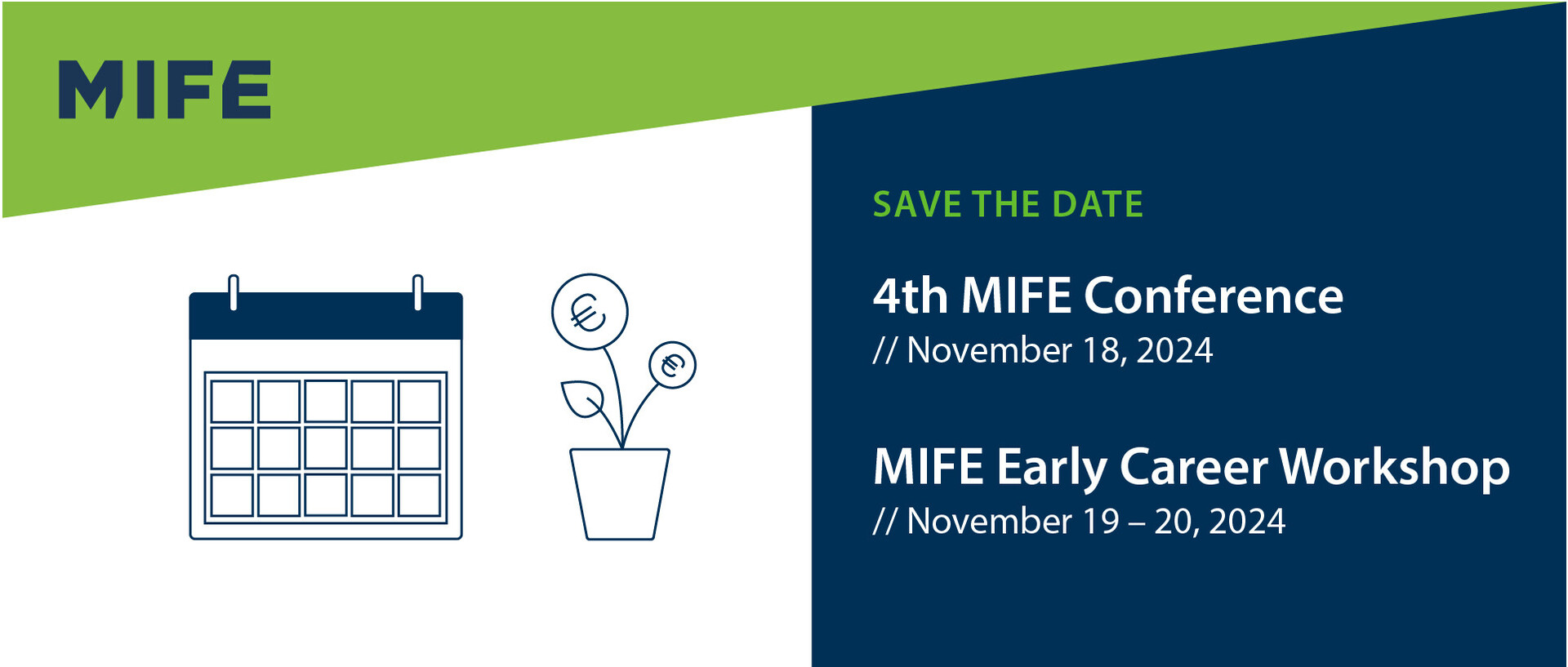Digital game-based learning in the fields of business, finance and sustainability
Game-based learning, also known as learning through games, is becoming increasingly important in educational contexts worldwide. This pedagogical method uses the fascination and motivation that games exert on learners to impart knowledge and skills. Interactive games make complex concepts more tangible and promote critical thinking, problem-solving skills and teamwork. The immersive nature of games allows learners to experiment in simulated environments and receive direct feedback, deepening the learning process. In light of technological advances and the increasing digitalization of education, game-based learning offers an innovative way to increase motivation to learn and improve the effectiveness of knowledge acquisition.
The main aim of the project Digital game-based learning in the fields of economics, finance and sustainability is to review existing digital learning games in the fields of economics, finance and sustainability and to evaluate them on the basis of subject-specific and media-didactic criteria. Together with prospective and practicing teachers, suitable games will be used to develop game-based learning environments for selected curriculum content as examples of best practice.
The project is funded by the Federal Ministry of Education and Research (BMBF) and is part of the project Wirtschaftspädagogik und Ökonomische Bildung: Lehrkräftebildung und Unterricht digital (WÖRLD) of the Competence Center Language/
WÖRLD aims at the evidence-based development of digital and hybrid learning environments and teaching scenarios in the field of economics as well as the integration of teacher training in all three phases. The aim is to promote the digital skills development of teachers. Under the leadership of the University of Kassel, a total of 14 universities from the fields of vocational and business education and economic education are working together in the WÖRLD project.
Project status: Ongoing
Project team:
- Prof. Dr. Carmela Aprea
- Merve Suna

